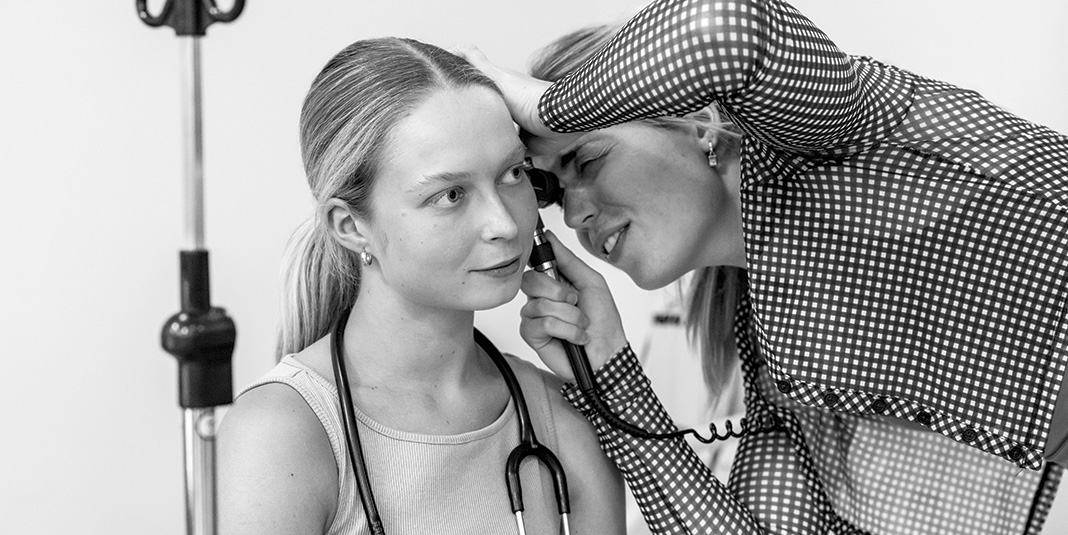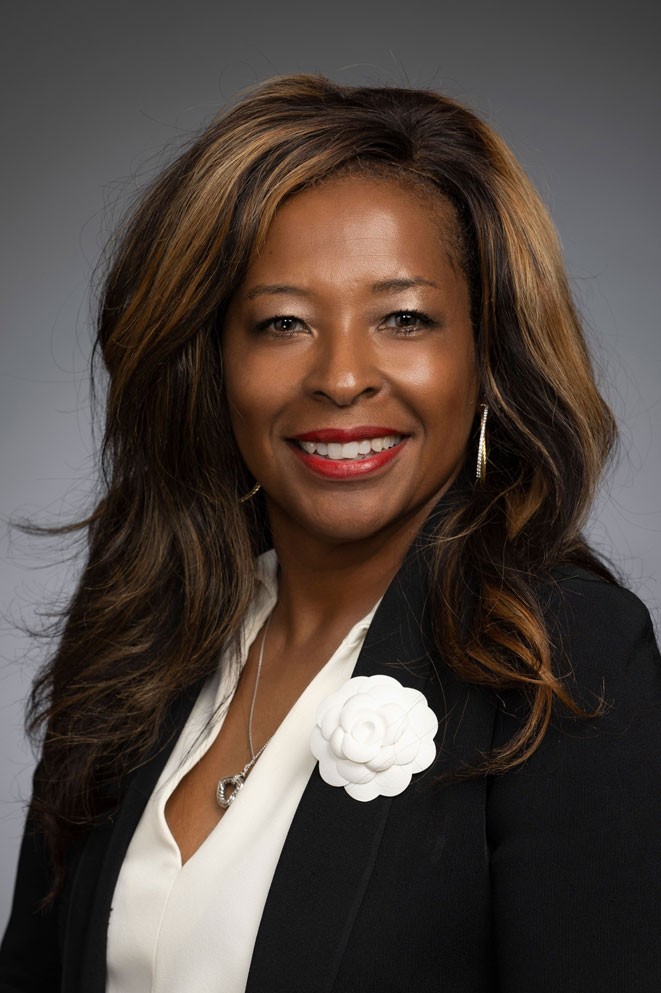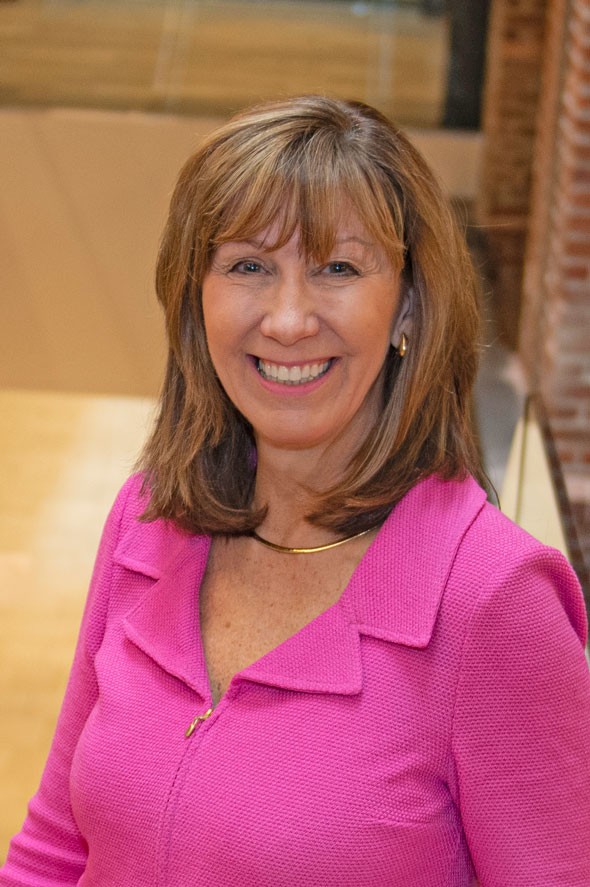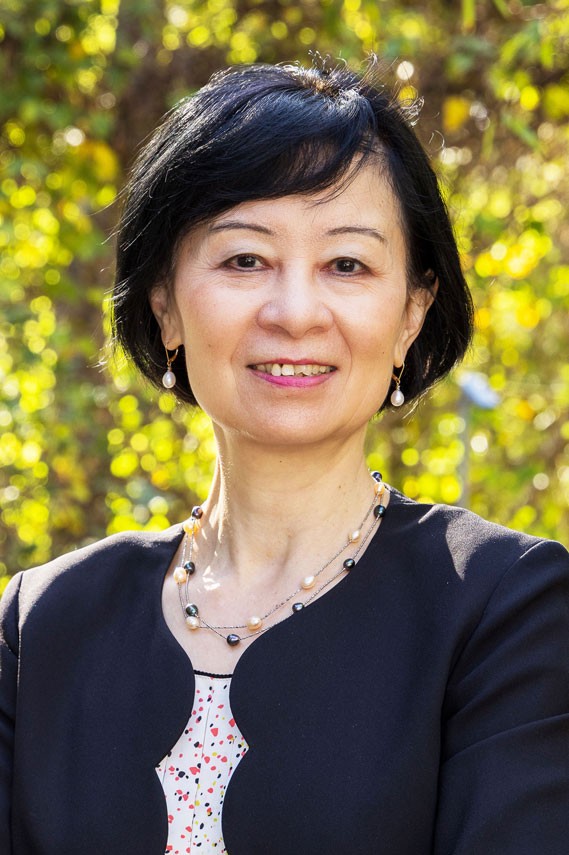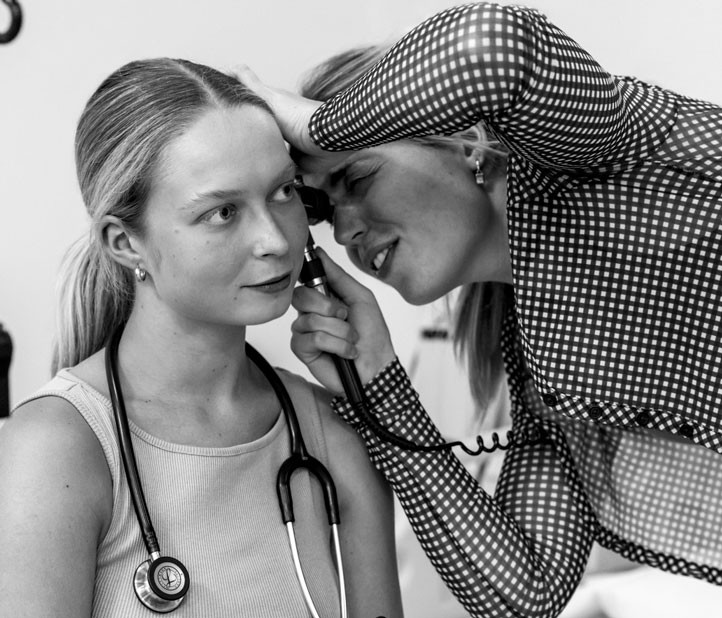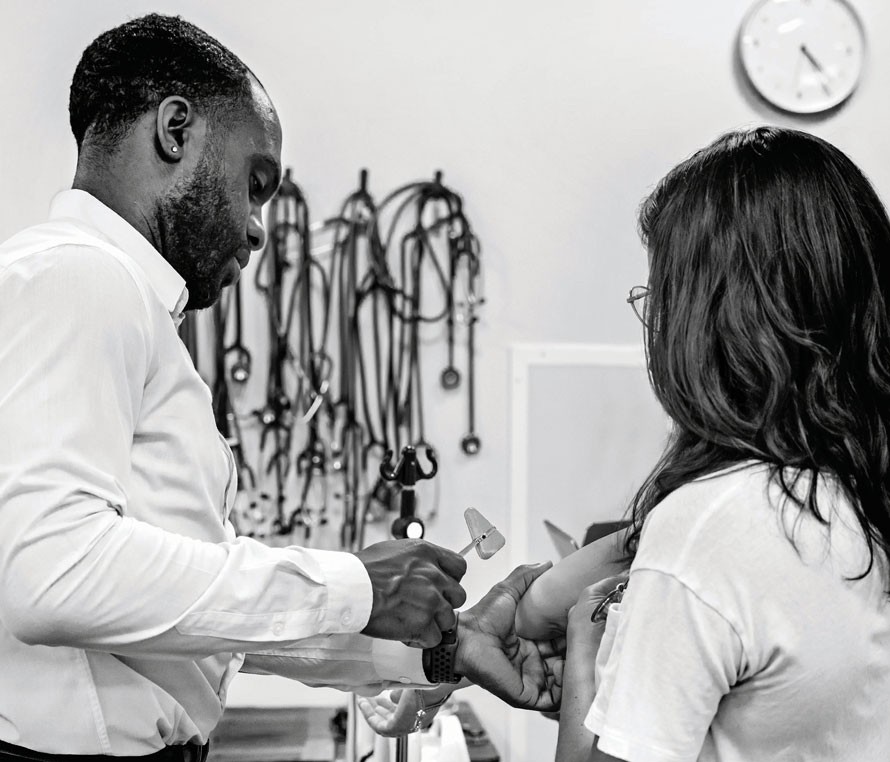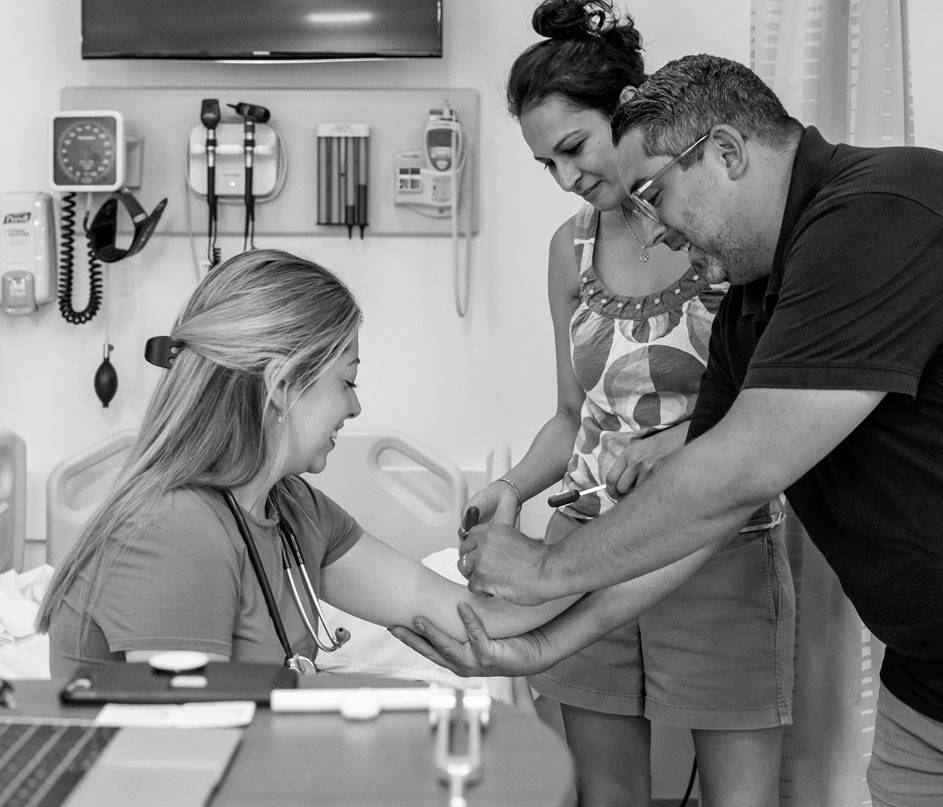Q: What lessons do you want to share with future nurse leaders?
BW: Stay open to unexpected opportunities. When I was 21, I just wanted to be a nurse in the clinical setting with patients, because I felt I could make an impact there. But don’t underestimate the impact you can have in other roles. It’s so exciting to have the chance to impact a whole community of faculty, staff, and students, and to know that each of them will go on to impact the lives of others.
AH: Listen to your mentors, step out on a limb, and be willing to take a leap of faith. Before I accepted this deanship, I was hesitant, but one of my mentors said, “I think you can do this.” My faculty peers seemed to think so, too. I’m so glad I trusted them. Also, I always tell people that it’s okay to fall down. Everybody does; the important thing is to get up and keep going.
LZ: It boils down to leading with moral courage. At the end of the day, leadership is not about you. It’s about making decisions for the good of the students, the faculty, the school, the nursing profession, and the broader communities you serve. That’s why I value formative education and continue to practice it—because it focuses on selflessness, and on being a good thinker and scientist for the greater good. In that way, Boston College shaped my career and my thinking, and I’m grateful for that.



